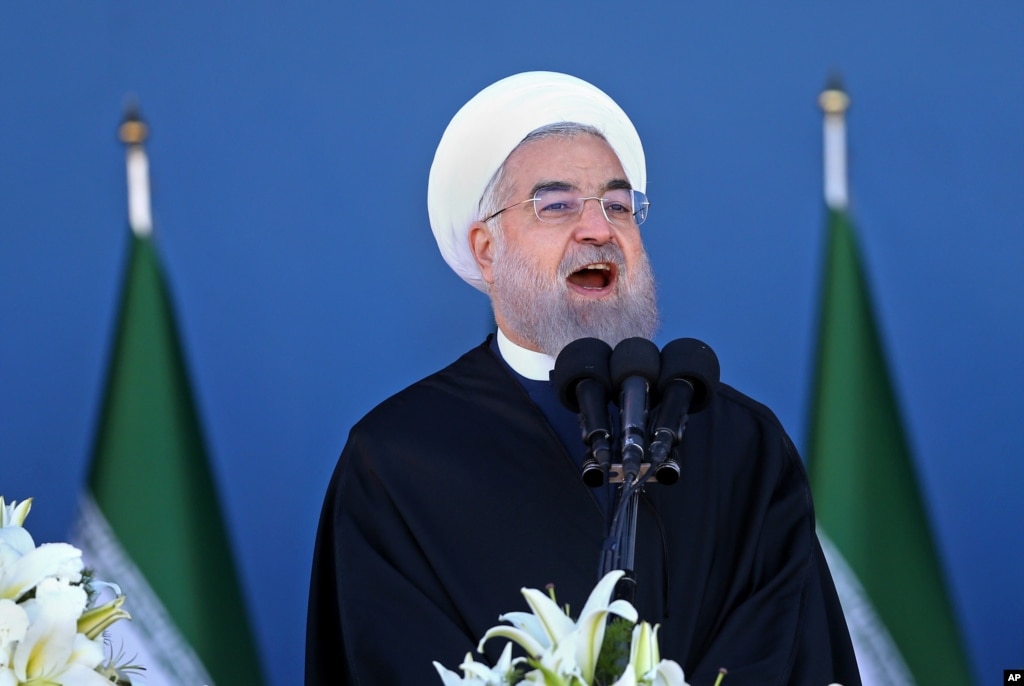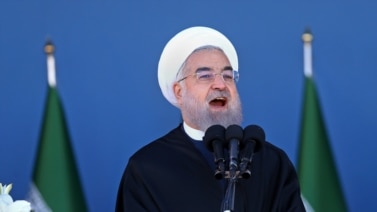
Iran has a new “morality police” unit to observe its citizens.
Tehran’s police chief Hossein Sajedinia said the 7,000 officers – male and female – will make sure women follow Islamic dress codes.
They will also stop dangerous driving and noise pollution, he said. Some in Iran consider popular music to be a form of noise pollution.
The new police unit appears to be aimed mostly at women. It is enforcing laws that require women to cover their hair and bodies.
According to the U.S. State Department, women of all religious groups in Iran are expected to follow “Islamic dress” rules in public. That includes covering their hair and wearing loose clothing that fully covers the body.
Members of the “morality police” will not wear police uniforms. This allows them to watch people without showing they are part of the police.
Iran’s police chief said morality officers will not take action themselves. Instead they will give information – such as license plate numbers – to regular police who will follow up on reported violations.
Iranian President Hassan Rouhani criticized the announcement, according to the BBC and Foreign Policy.com. The president promised during his election campaign to give people more freedom.
Rouhani said government’s “first duty” is to “respect dignity” and allow people to express their “personalities.”
The announcement also drew criticism on social media.
“Big Brother is watching you,” one person wrote on Twitter.
BBC reported some people created a phone app to report locations of “morality police” so women can avoid them. An app is a computer program on phones and computers that allow people to get information, music or other material.
I'm Mario Ritter.
Golnaz Esfandiari reported on this story for Radio Free Europe and Radio Liberty. Bruce Alpert adapted this story for Learning English. Hai Do was the editor.
We want to hear from you. Write to us in the Comments Section or share your views on our Facebook Page.
Words in This Story
unit – n. a group that is a part of something larger
dress code – n. rules for what people can wear
uniforms – n. special kind of clothing that is worn by all the members of a group or organization
dignity – n. the quality of being worthy of honor or respect
personality – n. the set of emotional qualities, ways of behaving, that makes a person different from other people


